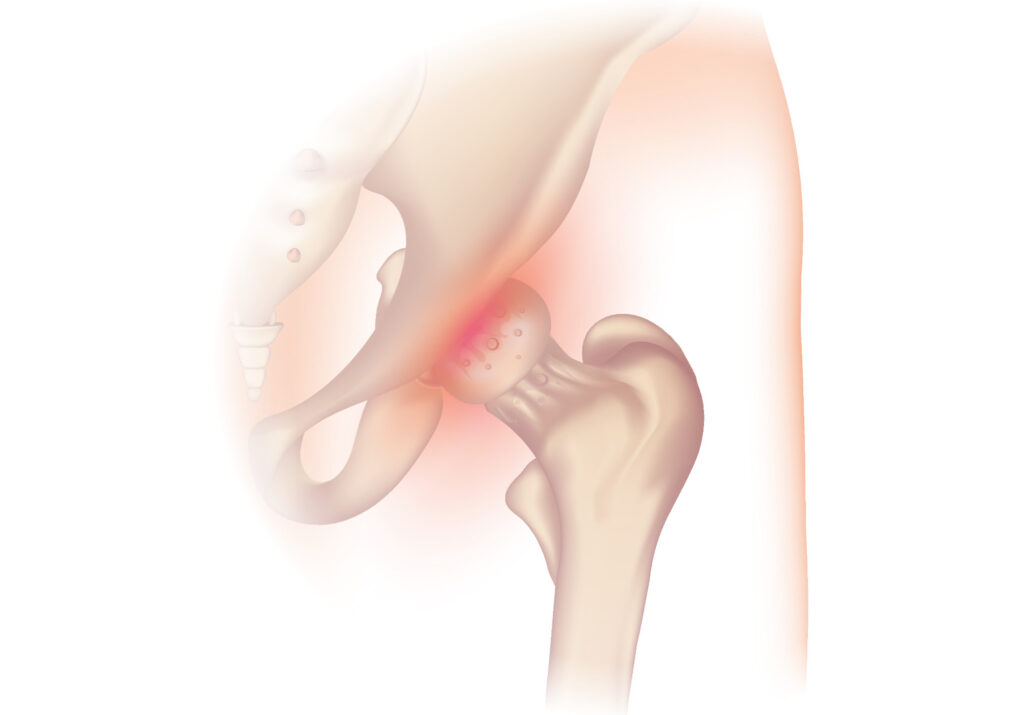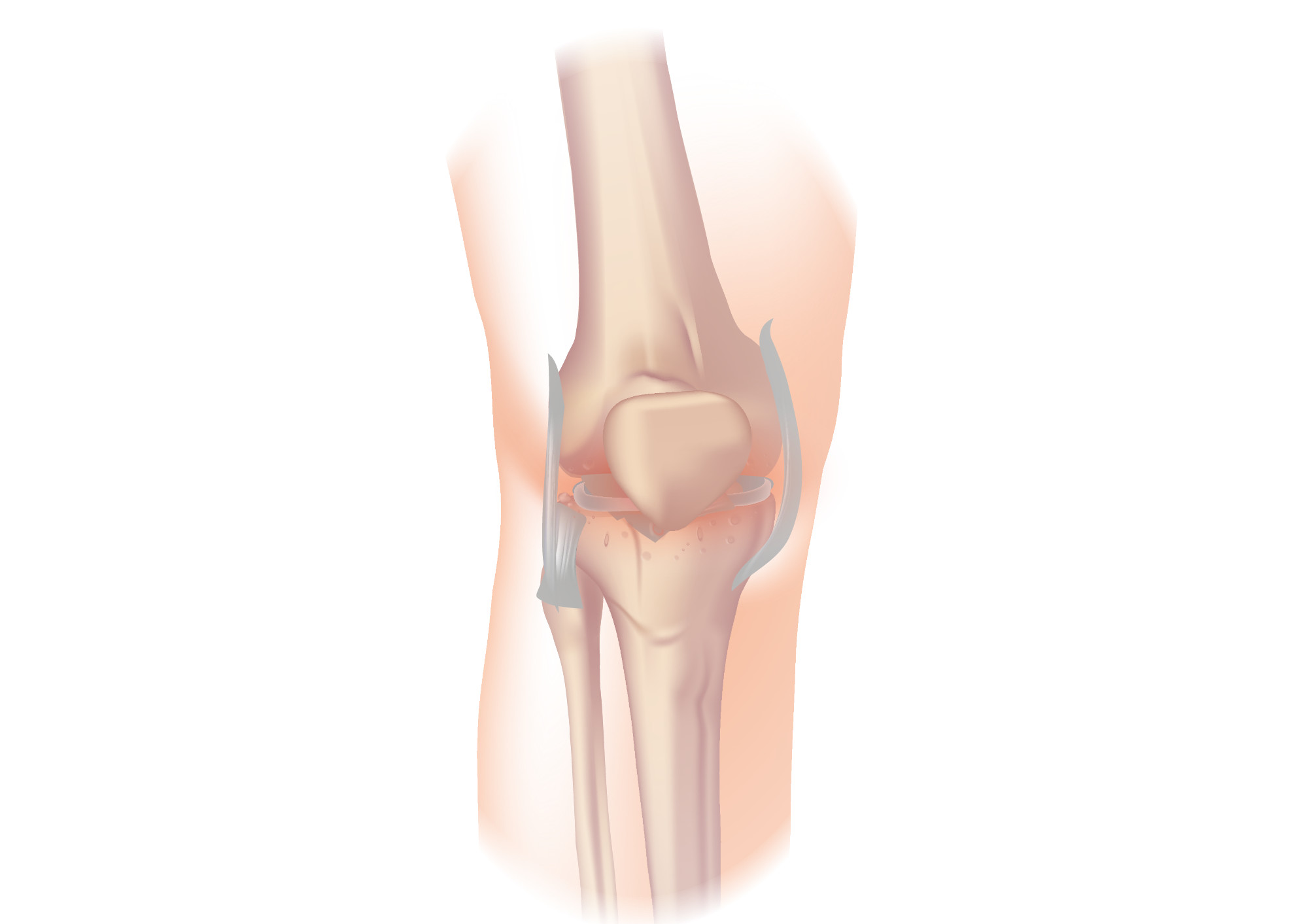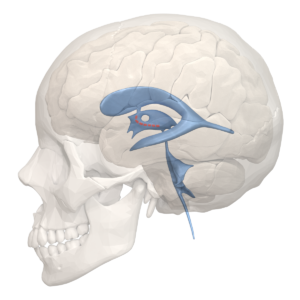Osteoarthritis: Understanding and Managing Joint Health – Osteoarthritis, often referred to as OA, is a degenerative joint disease affecting millions worldwide. Its impact on mobility and quality of life makes understanding this condition crucial.

Causes and Risk Factors
Degeneration of joint cartilage and the underlying bone, often influenced by various risk factors, contributes to the development of osteoarthritis.
Symptoms and Diagnosis
Identifying stiffness, pain, and reduced joint function are key in diagnosing osteoarthritis. Medical professionals employ several diagnostic techniques for accurate assessments.
Treatment Options
While lifestyle changes and self-care play a pivotal role, medical interventions and therapies offer avenues for managing and alleviating symptoms.
Managing Osteoarthritis
Pain management strategies and adaptive techniques empower individuals to navigate daily life with greater ease despite the challenges posed by osteoarthritis.
Preventive Measures
Understanding preventive measures and adopting lifestyle modifications significantly reduce the risks associated with osteoarthritis.
Research and Advancements
Ongoing research aims to explore innovative treatment approaches, offering hope and promising advancements for those affected by osteoarthritis.
Living with Osteoarthritis
Coping mechanisms and support networks play a crucial role in enhancing the quality of life for individuals living with osteoarthritis.
Impact on Daily Life
Navigating the limitations imposed by osteoarthritis can be challenging, but various strategies help individuals overcome these hurdles.
Holistic Approaches
Integrating holistic methods into the management of osteoarthritis provides a well-rounded approach to alleviating its effects.
Myths and Facts
Debunking myths and clarifying misconceptions surrounding osteoarthritis is vital for a better understanding of the condition.
Exercise and Physical Therapy
Tailored exercise routines and physical therapy play pivotal roles in managing osteoarthritis and improving joint health.
Nutrition and Supplements
Understanding dietary implications and the potential benefits of supplements in managing osteoarthritis is essential for holistic care.
Surgical Interventions
In severe cases, surgical options exist, although they come with considerations and require careful evaluation.
Conclusion
Osteoarthritis presents challenges, but through understanding, management, and ongoing research, there is hope for better quality of life for those affected.
FAQs
- Can osteoarthritis be prevented?
- Osteoarthritis risk can be reduced with lifestyle modifications and preventive measures.
- What are the best exercises for osteoarthritis?
- Low-impact exercises like swimming and cycling are often recommended, but tailored routines should be advised by a healthcare professional.
- Is osteoarthritis a reversible condition?
- While the degenerative nature of osteoarthritis makes it challenging to reverse, symptom management and lifestyle changes can significantly improve quality of life.
- Are supplements effective in managing osteoarthritis?
- Some supplements show potential in alleviating symptoms, but their effectiveness varies, and professional advice should be sought.
- At what age does osteoarthritis commonly occur?
- While it’s more common in older adults, osteoarthritis can develop at any age, even in younger individuals due to various factors.




